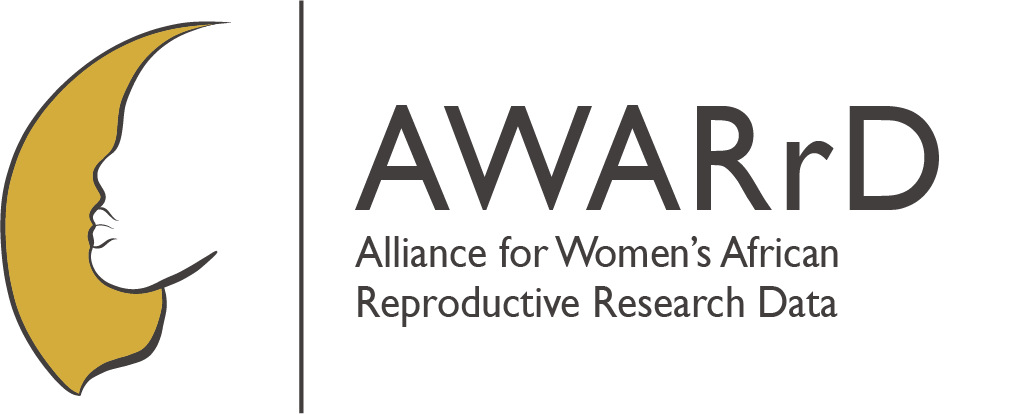AWARrD Funding Opportunities
Pilot projects will help junior researchers to develop preliminary data that will be needed for their future applications to extramural funding. The ultimate target of the pilot program at the AWARrD Hub will be to improve the quality and quantity of women’s reproductive health research in Africa and to increase the competitiveness of young African researchers working at/ collaborating with the AWARrD Hub to secure future funding, with the overall goal of advancing women’s reproductive health in Africa. The AWARrD hub is planning to distribute internal RFAs soliciting investigator-initiated applications for pilot clinical/ translational research projects in the areas of uterine fibroids and abnormal uterine bleeding and anemia. We will fund two pilot projects per year starting at second year of the funding cycle, with $50,000 per project. The Admin Core will formulate a scientific review committee to oversee the solicitation, review, evaluation and process of all pilot projects.
- Internal RFAs
The hub will issue internal RFAs to solicit proposals on translational/clinical research addressing pathogenesis, progression, prevention, diagnosis, and treatment in areas of interest to the AWARrD Hub; uterine fibroids and abnormal uterine bleeding and iron deficiency states. The RFAs, with clear deadline and instructions for application, will be distributed internally among Hub researchers, in Assiut University campus, on the hub website and during DS-I Africa consortium meetings to attract researchers from all Africa.
2. Scientific Review and Selection Process
The Scientific Review Committee (SRC) comprises a group of faculty members from Assiut University who are selected by the Principal
Investigator Committee of the Administrative Core based on expertise.
a. The main function of SRC is to evaluate projects based on scientific merit, relevance to the AWARrD Hub scope, research design and methodology and ethical appropriateness.
b. During the evaluation process, changes may be requested to optimize scientific value of the project.
c. Each proposal will be assigned to two reviewers from the SRC, with an additional reviewer from outside the committee if needed. The reviewers will submit their reports to the SRC.
d. The investigator is offered the opportunity to make a short presentation explaining his research to the SRC followed by a question and answer session.
e. The SRC will use a 1.0 - 5.0 numerical rating score similar to that used by th eNIH, with 1.0 best, and 5.0 worst, based upon significance, approach, innovation, investigator, environment and budget. Every SRC member will give an overall score of the project.
f. Decision regarding applications will be based upon a SRC vote assigning applications to one of the following categories: (i) accepted, (ii) conditional (if minor revisions are required), (iii) deferred (if major changes needed that need to be reevaluated by the SRC), or (iv) rejected. The SRC will submit its report to the Principal Investigator Committee (PIC) of the hub.
g. Approval and fund release by the Principal Investigators Committee of the Admin Core based on the report by the SRC.
h. The PIC will emphasize to the pilot project awardees on the importance of data and resource sharing between pilot projects and other running research projects in the hub.
3. Project Monitoring
The Scientific Review Committee (SRC) will oversee the progress of pilot projects by monitoring accrual to all funded protocols on a quarterly basis, as well as reviewing any protocol changes which might have significant impact on the design or scientific rationale of the project. Progress reports submitted by funded pilot project investigators will be reviewed by the SRC quarterly meeting, and results of this evaluation will be communicated to the Principal Investigator Committee (PIC). Projects that are deemed not to be achieving their targets according to the prespecified time plan will be identified, and a letter will be sent to the PIs of such projects requesting justification to keep the study running. If a reasonable justification can not be provided by the PI, then SRC will advise that protocol of such a project be closed and project cancelled by the SRC. These recommendations will be notified to the PIC to take the appropriate action.








